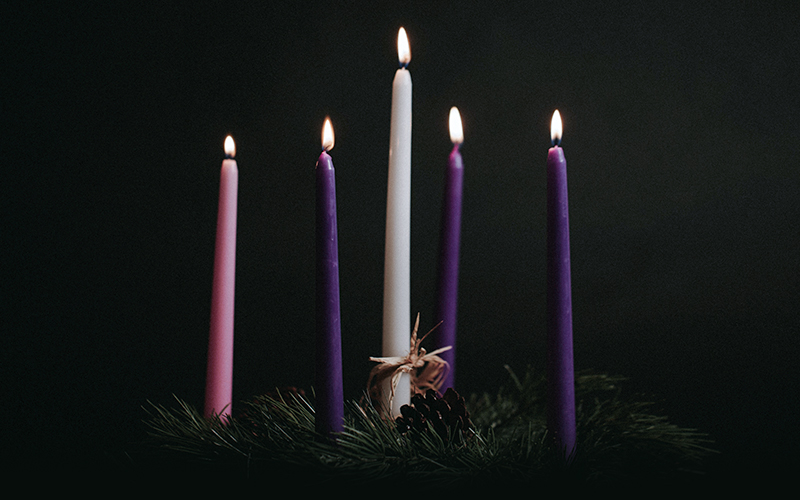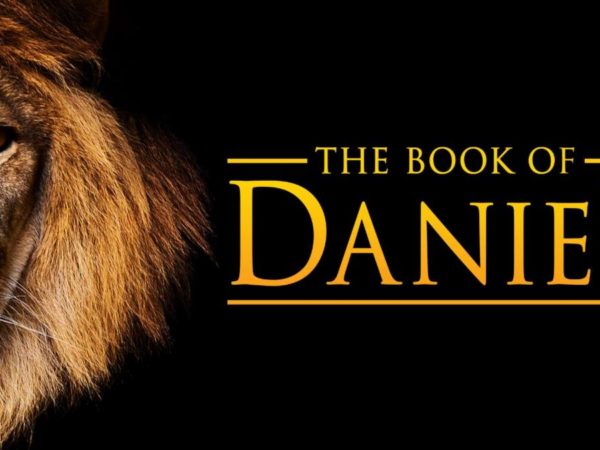Text: Jeremiah 32:1-44
“Behold, the eye of the LORD is on those who fear him, on those who hope in his steadfast love…” —Psalm 33:18
I hope my team wins the game. I hope that bad weather doesn’t mess with my plans. I hope that I don’t catch the flu this season. I hope my loved ones stay safe. I hope I win the lottery—and I don’t even play the lottery! I hope wars will end and people will just learn to get along.
HOPE… What is hope? Is it mere wishful thinking? Why do some people seem to spill over with hope while others can’t even find the cup? Is hope an optimism we must learn to channel up through positive energy? I would submit that hope is about a promise, or good news, coming from a reliable source.
If hope is oxygen for the soul, then the promise of God is the heart that pumps this life-giving force into every fiber of our being. When God makes a promise, He chases hard after those hearts that are willing to take Him at His Word and show Himself strong on their behalf, because His character and reputation is on the line (see 2 Chronicles 16:9).
The psalmist wrote: “Behold, the eye of the LORD is on those who fear him, on those who hope in his steadfast love.” The Hebrew phrase for “on those who hope” carries many implications throughout scripture. It means to expect; to wait patiently; to be pained; to stay; to tarry; to trust. It’s used to describe Noah’s patient waiting for the flood waters to recede as he “stayed” in the ark yet another seven days. It’s used to depict Job’s perseverance dilemma after losing everything he had: “What strength do I have, that I should still hope? What prospects, that I should be patient?” It’s the same word used in Isaiah 42 to characterize peoples desperately “waiting” for God to bring justice to the nations (vv. 1-4).
Taking God at His word, and trusting His promises, is the kind of hope that provides us with a vision for a Christ-conquered future that requires us to risk. This is illustrated beautifully in Jeremiah 32. As the Babylonian army was pounding on Jerusalem’s wall, the prophet Jeremiah knew the city would succumb to its enemy and most of the people would be forced into exile. The situation looked utterly hopeless. Yet amid this crisis, Jeremiah’s relative visits him in prison and offers to sell him a vacant lot in the suburbs of Jerusalem. Instead of being crippled by fear, Jeremiah chooses to buy real estate!
There probably wasn’t a worse time to be buying property in Judah. It required a remarkable act of faith on Jeremiah’s part, because the land would be subject to foreign occupiers for the next 70 years—years of desolation and despair. God promised that the people’s fortunes would be restored, and the prophet took Him at His Word. Jeremiah hopes in the promises of God, not wishful thinking, but a confidence rooted in the LORD’s reliable track record. So, he buys the field, hoping to come back to live in that field as God had promised of better days to come. Eventually the captivity would end, and the people would return to this same land—and it came to pass according to God’s infallible word. History teaches us of God’s faithfulness!
Whether small, medium, or mega-sized, our hope will require a risk. Jeremiah’s hope was tested by dismal conditions and improbable outcomes yet galvanized by the unchangeable character of His God: “Behold, I am the LORD, the God of all flesh. Is anything too hard for me?” (Jeremiah 32:27 ESV)
In an unstable world that fuels worry for today and anxiety over the future, we can have a stable hope because of the steadfastness of our God. He is good—always and forever. His character is immutable. Whatever the state of your present circumstances, He’s got this. That’s not a false hope, that’s an unchanging God reigning supreme over an ever-changing world—and spoiler alert, He knows the future… and guess what? It doesn’t shake Him. And because of that, we don’t ever have to be paralyzed by fear. Take refuge in that truth as you seek to abide in the God of hope this advent week.
PRAYER
Ah, Lord God, you have made the heavens and the earth by your great power and by your outstretched arm. Nothing, absolutely nothing, is too difficult for you! We rest in this promise. You’ve got this, and you can be trusted. Holy Spirit, lead us to live our lives, and invest ourselves in risky ways that reflect a stable hope in an unstable world. In Jesus’ name, Amen.
Questions for Reflection and/or Group Discussion
- When have you been in a situation that seemed utterly hopeless?
- How has hope shaped risks you’ve taken in the past?
- What did God say after Jeremiah hid the deed to his newly purchased property in a clay jar? (vv.13-15) What truths did Jeremiah proclaim about God’s nature? (v.17)
- Why was Jeremiah left to marvel over what he had just done? (vv.24-25) What was God’s reply to Jeremiah’s doubts? (vv.26-27)
- In what area of your life could it be helpful to ponder the truth that nothing is too hard for God? What kind of risks is hope requiring you to take in this season?


